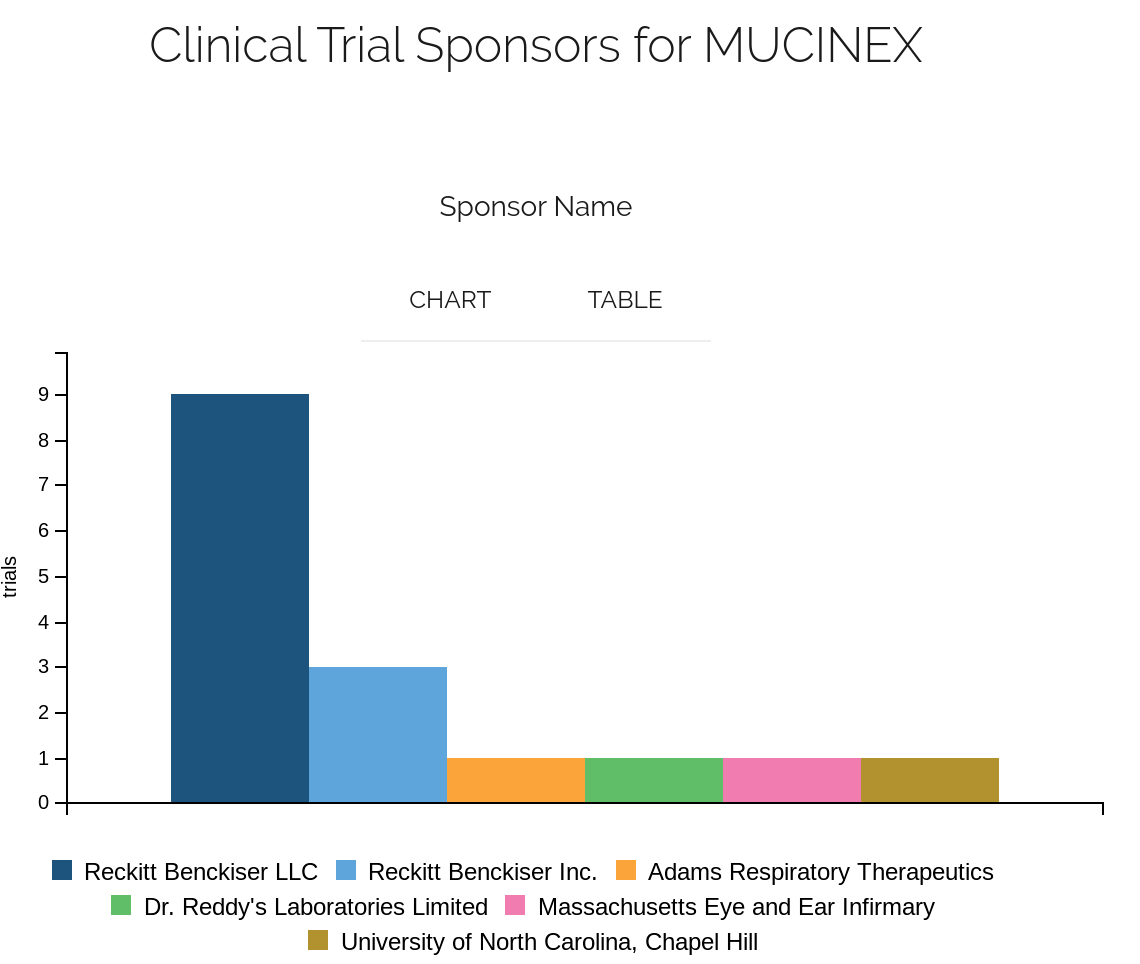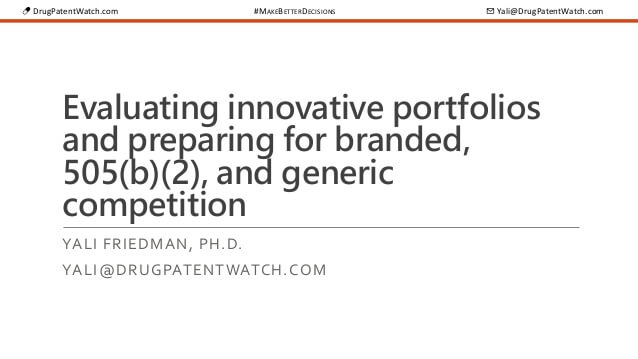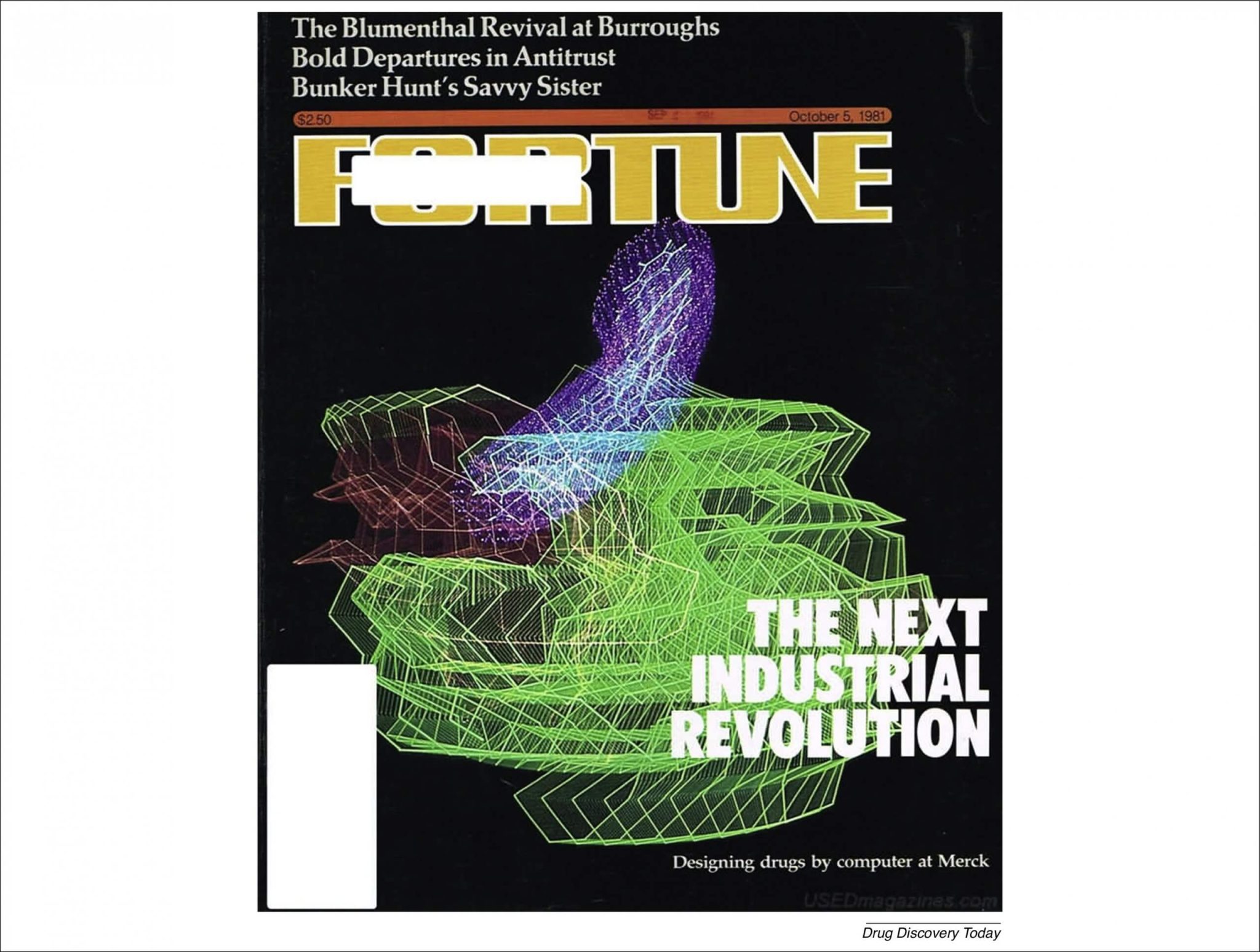Litigation Summary and Analysis for Taizhou Luqiao Shengqiang Housewares Factory v. Dbest Products Inc. (2:24-cv-10842)
Case Overview
The case of Taizhou Luqiao Shengqiang Housewares Factory v. Dbest Products Inc., filed in the United States District Court for the Central District of California (Case No. 2:24-cv-10842), involves a dispute over patent infringement and related damages.
Parties Involved
- Plaintiff: Taizhou Luqiao Shengqiang Housewares Factory
- Defendant: Dbest Products Inc.
Nature of the Dispute
The dispute centers around allegations of patent infringement by Dbest Products Inc. against Taizhou Luqiao Shengqiang Housewares Factory. The plaintiff claims that the defendant has infringed on their intellectual property rights by manufacturing, using, selling, or offering for sale products that infringe on the plaintiff’s patents.
Key Issues and Court Rulings
Motion for Default Judgment
The plaintiff filed a motion for default judgment against certain defendants, which was reviewed by the court. Here are the key points from the court’s decision:
-
Reasonable Royalty and Licensing Fee: The plaintiff requested a reasonable royalty of $10,000 plus 10% of the defaulting defendants’ sales of unauthorized products. However, the court found that the plaintiff did not adequately explain the calculation of the 10% royalty or provide sufficient supporting documentation. The court also noted that the plaintiff’s table included all sales by the defendants, not just sales of the authorized products[1].
-
Transaction Costs: The plaintiff requested transaction costs, citing an out-of-district case. However, the court was not convinced by this argument, as it lacked in-district case law or additional supporting authority. The plaintiff’s calculation of $5,000 per defaulting defendant for transaction costs was also questioned, as it was based on attorney’s fees incurred in the case, which the court deemed irrelevant[1].
-
Treble Damages: The plaintiff requested treble damages for each defaulting defendant, which is allowed under Section 284 of the patent laws. However, the court was not convinced that such enhanced damages were appropriate, given the lack of supporting authority and the fact that the cited cases were out-of-district and not relevant to Schedule A patent infringement cases[1].
Court’s Decision
The court denied the plaintiff’s motion for default judgment without prejudice, requiring the plaintiff to provide more detailed and supported arguments in any renewed motion. Specifically, the court ordered the plaintiff to:
- Explain the methodology and calculation of the royalty on sales per defendant with supporting documentation.
- Provide in-district case law or additional supporting authority for transaction costs.
- Justify the request for treble damages with relevant case law and explanations[1].
Comparison with Similar Cases
In a similar case, Dbest Prods. v. Guangzhou Yucheng Trading Co., the court entered a judgment of willful infringement against the defendant and awarded significant damages, including treble damages, attorney’s fees, and costs. This case highlights the severity with which courts can treat willful patent infringement and the importance of thorough documentation and legal support in such cases[3].
Implications and Lessons Learned
Importance of Detailed Documentation
The court’s decision in Taizhou Luqiao Shengqiang Housewares Factory v. Dbest Products Inc. underscores the importance of providing detailed and well-supported documentation in patent infringement cases. Plaintiffs must ensure that their calculations and requests for damages are clearly explained and backed by relevant case law and evidence.
Relevance of Case Law
The case also emphasizes the need for relevant and in-district case law to support claims. Out-of-district cases, while sometimes useful, may not carry the same weight as cases from the same jurisdiction.
Enhanced Damages
The court’s skepticism regarding treble damages highlights that such enhanced damages are not automatically granted. Plaintiffs must provide strong justification and relevant case law to support their requests for enhanced damages.
Key Takeaways
- Detailed Documentation: Ensure all calculations and requests for damages are clearly explained and supported by evidence.
- Relevant Case Law: Use in-district case law to support claims, as out-of-district cases may not be as persuasive.
- Justification for Enhanced Damages: Provide strong justification and relevant case law to support requests for treble damages.
- Court Scrutiny: Courts scrutinize motions for default judgment closely, requiring thorough support for all claims.
Frequently Asked Questions (FAQs)
Q: What was the main issue in the court’s decision regarding the motion for default judgment?
A: The main issue was the lack of clear explanation and supporting documentation for the plaintiff’s calculations of royalty and transaction costs, as well as the request for treble damages.
Q: Why did the court deny the motion for default judgment?
A: The court denied the motion due to the plaintiff’s failure to provide adequate explanations and supporting authority for their claims.
Q: What is the significance of using in-district case law?
A: In-district case law is more persuasive and relevant to the court’s decision-making process compared to out-of-district cases.
Q: How can plaintiffs justify requests for treble damages?
A: Plaintiffs must provide strong justification and relevant case law to support their requests for treble damages.
Q: What are the potential consequences of not providing detailed documentation in patent infringement cases?
A: Failure to provide detailed documentation can result in the denial of motions for default judgment and other claims, as seen in this case.
Sources Cited
- SHM Law Firm | ExParte Inc – Recent Dockets
- United States District Court, Central District of California – Transcript of Trial
- Casetext – Dbest Prods. v. Guangzhou Yucheng Trading Co.
- Insight.RPXcorp – Taizhou Luqiao Shengqiang Housewares Factory v. Dbest Products Inc.

















